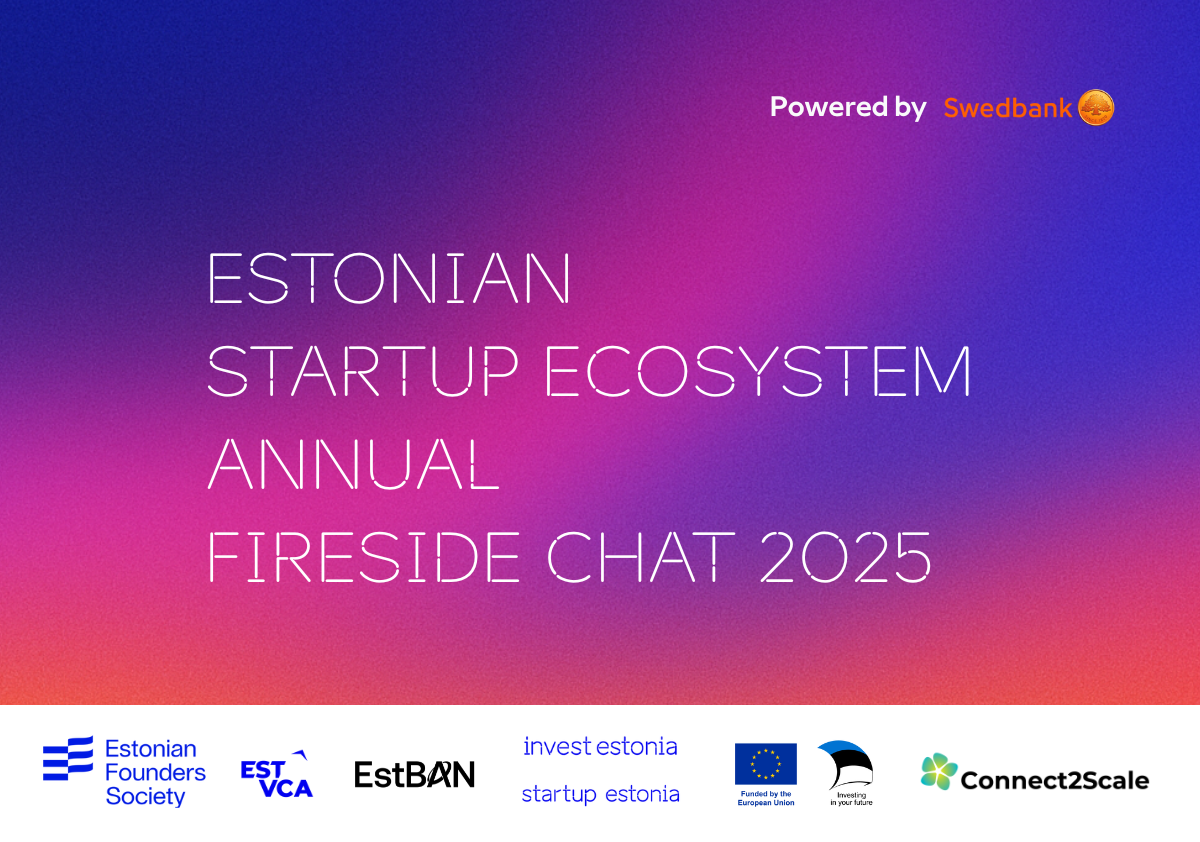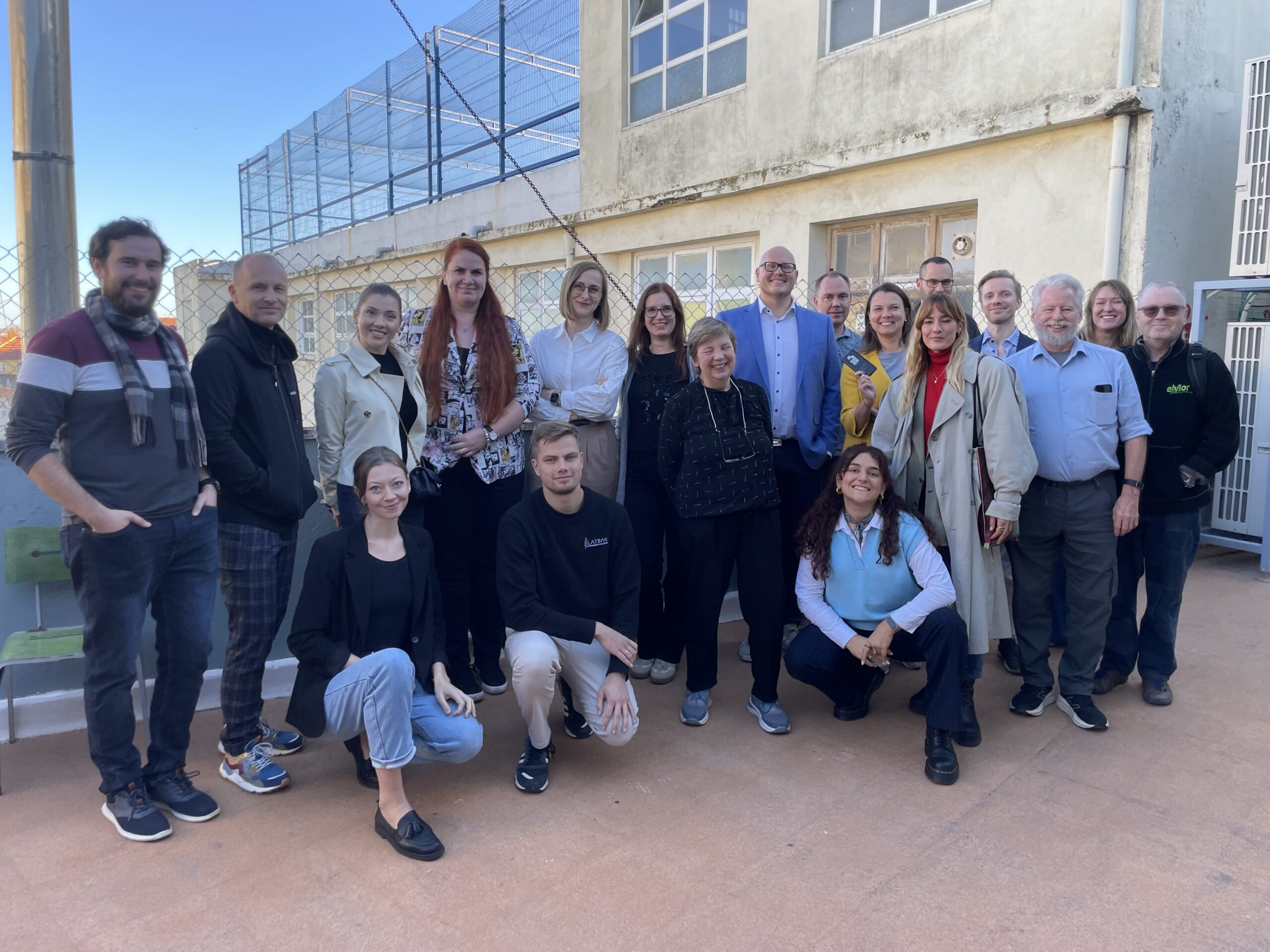During the New Nordic Leads Angel training session Hampus Jakobsson, an experienced investor with over 80 investments worldwide, shared his first-hand knowledge of what a good angel does and doesn’t do.
Jakobsson’s own journey from entrepreneur to angel investor began during his studies. He created a company that later scaled from six people to 180 people globally, and was acquired for 450 million dollars. At the moment Jakobsson is running the Pale Blue Dot Fund investing only in software companies that work with climate change. Jakobsson based his advice on his experience as an angel investor from 2011 to 2019 and over 80 investments in 15 countries.
So, what are Hampus’ thoughts and key advice on how to be a good lead angel?
1.Join at pre-seed if you want to be active, seed if you want to be passive!
Join at pre-seed if you want to be active and the company is raising sub 500,000 euros. That is a great way to join if you want to be able to make your money mean something to the founders. It also gives you the opportunity to learn and to be reactive. Join at the seed round if you don’t want to be actively involved and you’re just after a financial placement.
2. Invest in diverse geo, not just local!
Jakobsson pointed out one of the main issues with other angels was investing locally. However, it is very important for all angels to invest across different geographic regions. It allows one to meet different teams, and to figure out which is the best company doing this or that particular thing.
3. Try to understand the company – DD through customers!
Jakobsson’s favorite way of understanding the company is doing due diligence from customers. If a company is at a stage where they have clarified what product they want to build – even if they don’t have the product – he asks who the ideal customer would be and connects the founder with someone who could be a potential customer. The founder is usually grateful for the introduction and you will get the opportunity to ask for feedback from friend a.k.a. potential customer, win-win situation!
4. Driven founders with the leadership skills who can explain what they think
As an investor you have to understand how the process works and you have to listen and understand where the founders are in their thinking. Be after people who can attract talent and get people to want to work for them. Technical skills used to be the most important thing one needed as a founder, however, nowadays the ability to recruit impressive talent and to be able to raise money is equally important.
5. Build great and international / diverse syndicates (for ideal network)
Look for micro investors to find people who have a really good network of other people, so that they can find other recruitments, customer intros, references, due diligence etc.
There is not point to pick your three best buddies from your city who are the same sex and age as you. It is important to think about people who are not like you, and keep in mind specialists regardless of where they live in the world.
6. Never promise to invest until you slept on it and talked to people
Don’t make promises because you are feeling enthusiastic in the moment! Remember, your words mean a lot to the founders who can then build their whole world around the promise of your investment. It is always much better to say “I haven’t decided, and here are the things that we’re not getting” or “I just need more time”. Don’t say “I’m in” unless you are 100 percent sure.
7. Hard to be the only investor (hostage)
Early stage investors often feel as hostages in their own investments. Meaning, that – not to be diluted after following rounds. This might be one of the main challenges of early investors who are building up portfolios. In case you are a solo investor with a large amount of shares, backing up the following rounds might become tricky. But not lose your position, one just needs to find the extra financing or be diluted. As Hampus said it’s like “throwing in good money after bad”.
8. Realize that you actually don’t know almost anything better than the founders
Don’t be the Army General and tell the founders what to do. Never tell them “do this, don’t do that”, instead, say “I don’t know, here’s what I would do”.
If you need to tell founders what to do, they’re probably not going to be successful skidding of the company.
9.Decide what role will you play ( intros, coach, passive…) and stick to that plan!
If you are interested in trainings and (co)leading investment syndicates, show up your interest to join with the program and write us a letter HERE.
New Nordic Lift Off project is implemented between 01.06.2020 – 30.11.2022. Project partners are Estonian Business Angles Network EstBAN and Finnish Business Angels Network FiBAN. The project activities are funded by Central Baltic Interreg program.




